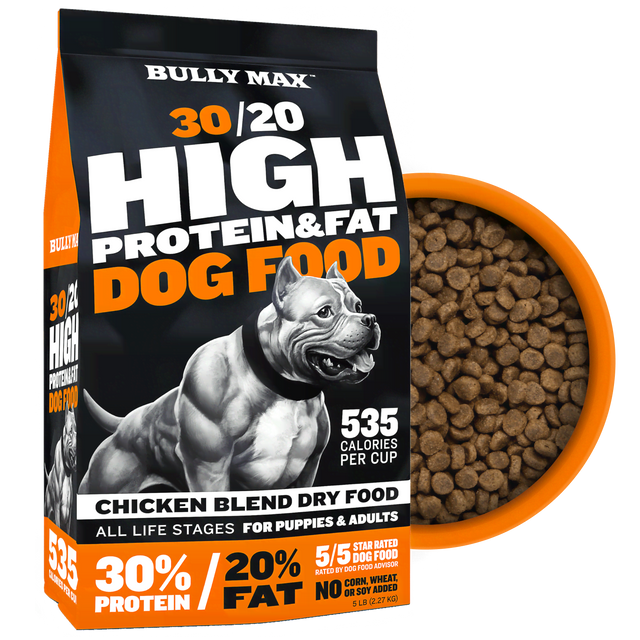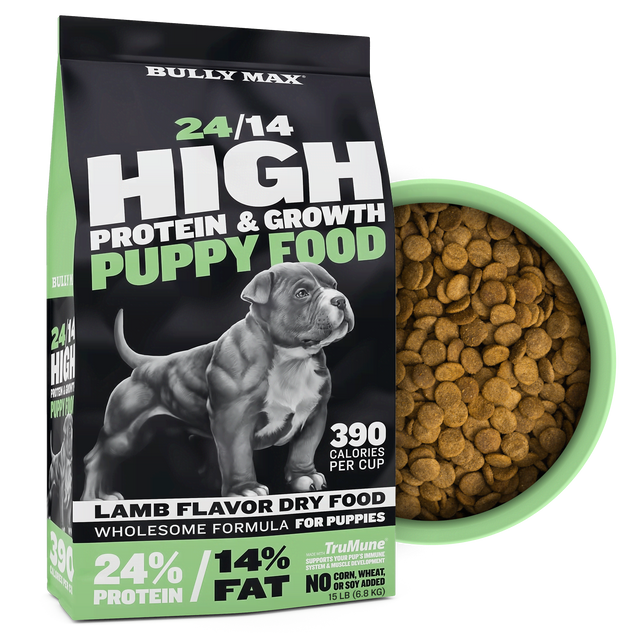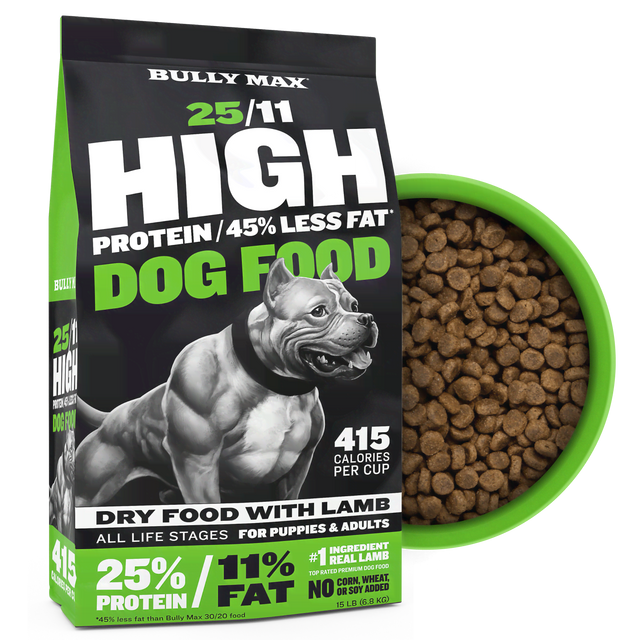Can Dogs Eat Avocado? Everything You Need to Know
“Can dogs eat avocado?” This is the common question we’ll answer in this post. Avocado is a nutritious fruit that is abundant in many parts of the world. This fruit is actually unique because of its high fat content compared to other fruits. It can also be eaten fresh, prepared into guacamoles or processed to be a meal.
Many people wonder if dogs can eat avocados. Some experts do not recommend giving avocados to dogs because the fruit contains persin. Others say that dogs can tolerate avocados. The fruit may actually be good as it contains high amounts of fiber and vitamins.
So, can dogs eat avocados? What are the risks involved in feeding avocados to dogs? Here is everything you need to know before giving this fruit to your dog.

Can Dogs Eat Avocado?
Yes, but there are some factors for you to consider. In small amounts, avocados are actually beneficial to dogs. The fruit contains omega-3 fatty acids and vitamin C. Both of these are good in aiding skin health. Avocados are also rich in fiber, which is good for the digestive health of dogs.
Dogs can eat avocado but that doesn’t always mean they should. The fruit is considered mildly toxic to dogs. For instance, the only safe part of the fruit that they can eat is the flesh. This should only be given in small amounts as they still contain minute amounts of toxin. The pit, the skin and the leaves are to be discarded.
Nutritional Value of Avocado for Dogs
Avocados are delicious because of their high fat content. It is also packed with nutrients, which include:
- Fiber - regulates digestive function
- Omega-3 Fatty Acids - reduces inflammation especially in skin and joints
- Folate - aids in normal metabolic function of the body
- Vitamin K1 - maintains normal blood coagulation
- Vitamin E - defenses against oxidative damage
- Vitamin B6 - helps generate energy for the body
- Vitamin C - reduces free radicals in the body
- Potassium - helps maintain proper heart, muscle and nerve functions
- Copper - aids in the production of red blood cells
Avocados also contain carotenoids, mainly lutein and zeaxanthin. These are important for eye health. This fruit also has persenones, which are proven to prevent cancer in dogs.
Risks of Feeding Avocado to Dogs
The risks of feeding avocado to dogs are mainly associated with the toxin found in the fruit. There are also risks from the other parts of the fruit, like the pit and the skin. Avocados also contain high levels of fat and calories, which may be a concern for some dogs.

Risks of Persin for Dogs
Avocados contain a toxin called persin. It is a fungicidal toxin that affects many animals, especially livestock animals. This toxin is found in all parts of the avocado: the fruit, pits and the leaves. The flesh of the fruit has low amounts of persin, while the leaves are the most toxic part of the avocado plant.
Dogs are more resistant to persin compared to other animals. However, there are reported cases of persin toxicity in dogs regularly consuming avocados. The risk of persin toxicity in dogs is due to the consumption of avocados in large quantities. The exact lethal amount of persin to dogs is unknown.
The symptoms of persin toxicity in dogs include:
- Vomiting
- Diarrhea
- Inappetence
- Abdominal pain
- Myocardial damage
Risks of Avocado Pit and Skin for Dogs
The pit of an avocado is large and hard. If ingested by a dog, there is a high risk of choking and gastrointestinal obstruction. Both of these will need emergency veterinary care. The pit also contains concentrated amounts of persin.
The skin of an avocado is thick and hardly digestible. It also contains concentrated amounts of persin, just like the pit and the leaves. Giving this to dogs may cause gastrointestinal upset and persin toxicity.

Risks of High Fat Content for Dogs
The flesh of the avocado is the safest part to give to dogs. However, this part also contains considerable amounts of fat. The high fat content of avocado may cause stomach upset in dogs. It also heightens the risk for developing pancreatitis if given regularly. Symptoms of pancreatitis include:
- Abdominal Pain
- Nausea
- Vomiting
- Fever
- Lethargy
- Inappetence
- Diarrhea
Additionally, avocado’s high fat content also means that it is calorie-dense food for dogs. This may be a problem for dogs wanting to shed weight. Dogs who are overweight, diabetic and have hypothyroidism must not be given avocados. Always consult your veterinarian before giving avocados to your dogs.
How to Feed Avocado to Dogs
Choose a ripe and fresh avocado. Remove the skin and pit of the avocado and dispose of them properly. You can slice the avocado flesh into thin small pieces for dogs to eat. Only give small amounts of avocados to dogs in relation to their weight.

You can also consider giving avocado meals to dogs. Avocado meal is the ground, dried, and defatted pulp left over after processing. A 2022 study by Quinn revealed that avocado meal is a potential fiber source for dogs. The study also found out that persin is destroyed during the process of making avocado meals. Since avocado meals are defatted, the risk for pancreatitis is also reduced. You can use avocado meals as food toppers.
Watch out for signs of signs of allergies and food intolerance when feeding avocados to dogs. Signs that you should watch out for include:
- Vomiting
- Diarrhea
- Abdominal cramps
- Sneezing
- Swelling and hives
- Difficulty breathing
Contact your veterinarian if you observe any of these signs after feeding avocado to your dog.
Alternatives to Avocado for Dogs
Other fruits and vegetables have similar nutritional benefits to avocado. The lower fat content of these foods make them a better alternative for some dogs. Here are some vegetables you can choose from:
- Carrots
- Celery
- Green beans
- Squash
Note: Always cook these vegetables before giving them to dogs.
Fruits are also good sources of vitamin C. However, these sugary foods must be given sparingly. Here are some fruits you can choose from:
- Watermelon
- Apples
- Banana
- Pears
Note: Always remove the skin and the seeds of the fruit before giving it to dogs.
Frequently Asked Questions
Here are some frequently asked questions about dogs and avocados:
Can my dog eat avocado oil?
Yes. Avocado oil contains vitamin E and omega-3 fatty acids, which are good for your dogs. You can add a few drops of avocado oil to your dog’s meal once a week.
Always talk to your veterinarian before giving avocado oil to your dogs. It contains a very high fat content, which may put dogs at risk for pancreatitis.
Can my dog eat avocado ice cream?
No. Avocado ice cream contains high levels of sugar and cream which is not good for your dogs. This may trigger gastrointestinal upset and weight gain.
Ice cream made specifically for dogs is the better choice.
Can my dog eat guacamole?
No. Most guacamoles are prepared with onions or garlic. These ingredients are highly toxic to dogs. Onion and garlic can cause kidney damage and anemia to dogs. Some guacamoles also contain salt and hot peppers.
If your dog eats guacamole, bring them to your veterinarian immediately.
How much avocado can I feed my dog?
Medium-sized dogs can have two to three bite-sized avocado pieces once a week. Smaller dogs can have one bite-sized piece once a week at most.
Can puppies eat avocado?
No, do not give avocados to puppies.
What should I do if my dog eats the pit of an avocado?
If your dog already swallowed the avocado pit, bring him to the nearest veterinary clinic. Do not try to induce vomiting.
Dogs Can Eat Avocado, But…
Dogs can eat avocados in small quantities. The fruit is actually nutritious and a good source of omega-3 fatty acids. It is important to remove the pit and skin before giving avocado to dogs.
But giving avocado frequently to your dog may cause persin toxicity, gastrointestinal upset and pancreatitis. There are far better alternatives to give your dogs without these risks. You may also consider giving avocado meals instead.
Nutrition is an important aspect in a dog’s general health. This is only achieved through a balanced diet. Always consult your veterinarian before introducing new food to your dog’s diet.
Have your dogs tried avocados? Share your experience with us by leaving a comment below.









